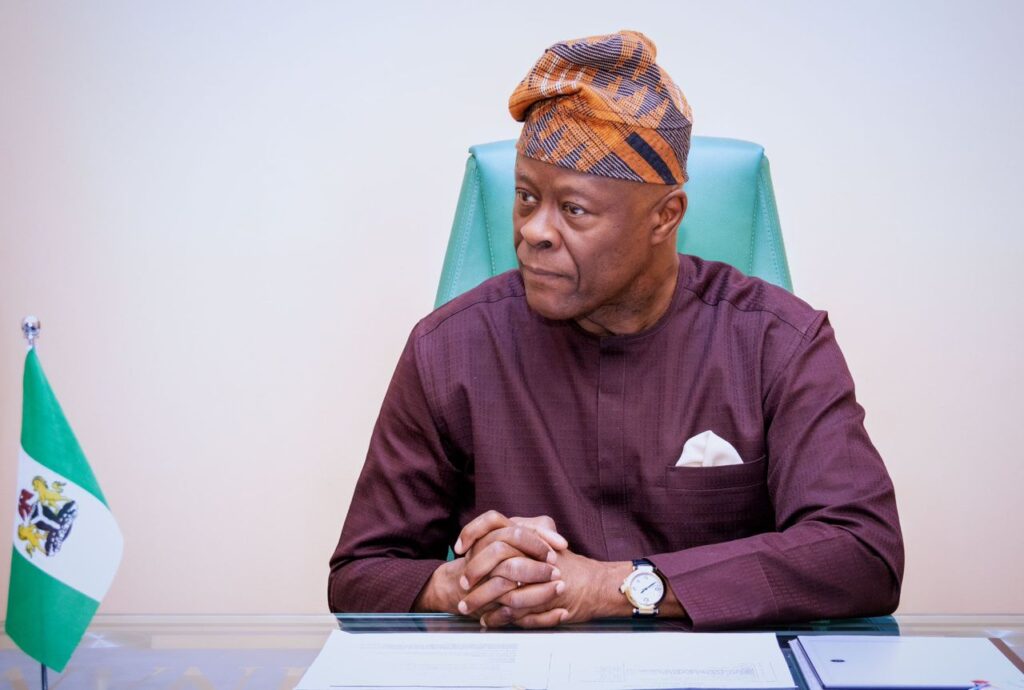A coalition of civil society organisations has sounded the alarm over Nigeria’s deepening fiscal crisis, revealing that the country loses over $18 billion annually to illicit financial flows while more than 70 per cent of its revenue is currently spent on debt servicing.
The disclosure was made in a policy paper titled “Financing for Development in Nigeria: Sectoral Context and Insights for the Fourth International Conference”, released in Abuja ahead of the United Nations’ Fourth International Conference on Financing for Development (FfD4), scheduled to hold in Seville, Spain on June 30, 2025.
The report was coordinated by the Civil Society Legislative Advocacy Centre (CISLAC) in partnership with Oxfam in Nigeria, Christian Aid, the International Budget Partnership, Connected Development, and others under the Africa Agenda on Financing for Development.
Executive Director of CISLAC, Auwal Musa Rafsanjani, who presented the findings during a press briefing, decried the government’s inability to plug leakages and boost domestic revenue.
He said poor domestic resource mobilisation, inequitable global financial systems, and Nigeria’s vulnerability to climate change have widened the country’s financing gap.
“Education spending falls below UNESCO benchmarks, health expenditure remains under four per cent of GDP, and the country loses over $18 billion annually to illicit financial flows,” Rafsanjani stated.
“Meanwhile, Nigeria’s debt service-to-revenue ratio has now exceeded 70 per cent, leaving little room for investment in people.”
The report criticised the lack of measurable development blueprints in most Nigerian states, stressing that this hinders transparency, progress tracking, and meaningful investment.
It further highlighted that despite existing international frameworks such as the African Union Agenda 2063, ECOWAS Vision 2050, and the United Nations Sustainable Development Goals (SDGs), implementation remains weak due to poor resource mobilisation and weak institutions.
The coalition called on Nigerian authorities and other developing nations to use the forthcoming global conference to demand sweeping reforms in the global financial system.
These include fairer international tax rules, climate justice through dedicated loss and damage funds, and improved access to concessional finance.
Rafsanjani also advocated for reforms in Special Drawing Rights (SDRs), more inclusive global financial decision-making, and democratized access to green financing.
“We need a whole-of-society approach. Policymakers, legislators, the private sector, civil society, and development partners must collaborate to unlock new revenue sources, fight illicit financial flows, cut waste, and diversify the economy,” he added.
The coalition reaffirmed its commitment to advocating for stronger global actions to tackle capital flight, recover stolen assets, and build a fairer and more transparent international financial architecture.
Do you want to share a story with us? Do you want to advertise with us? Do you need publicity for a product, service, or event? Contact us on WhatsApp +2348183319097 Email: platformtimes@gmail.com
We are committed to impactful investigative journalism for human interest and social justice. Your donation will help us tell more stories. Kindly donate any amount HERE




